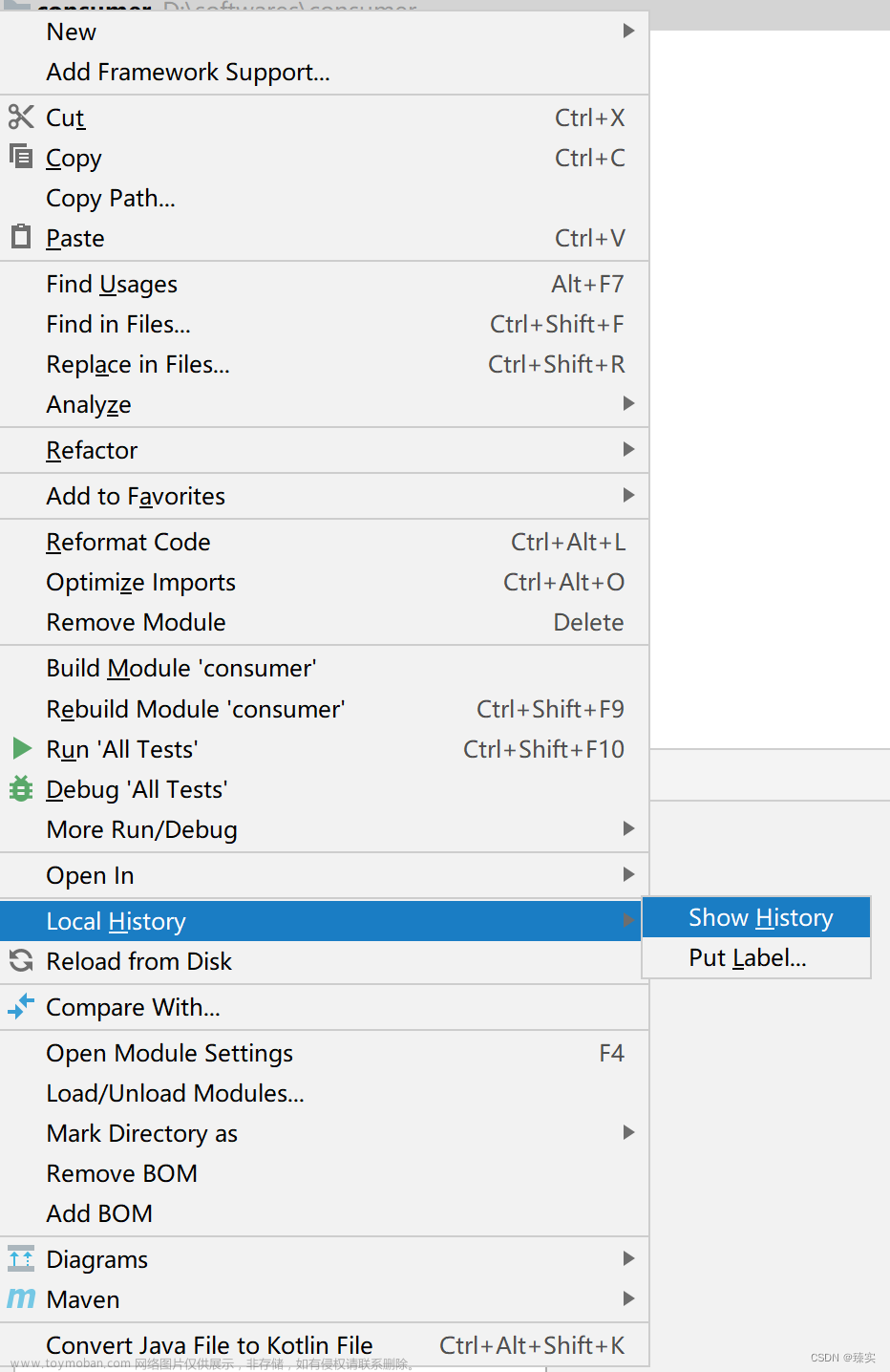在写程序的过程中,有时候需要对程序中的一些参数或者变量在本地读取、存储以及修改等,因此掌握一下C++对于本地文件的一些操作还是挺有必要的。
1、读取本地文件:
C++对于本地文件的读取以及写入都还是挺简单的,主要采用了数据流的形式,读取上来的是一个个行排列的字符串,后面根据自己的需要进行详细的区分,例如字符串转数字、字符串分割等。一个简单的字符串读取函数大概可以写成这个样子:
void local_file_process::ReadLoaclFile()
{
ifstream fin;
string file_path = "xxx";
fin.open(file_path.c_str());
string linestr;
if(fin.is_open())//确认文本存在,is_open()用于确认该文本是否打开
{
while (getline(fin, linestr))//行遍历
{
//在这里进行你需要的数据处理
}
}
else{
ROS_ERROR("can not find locat file,check file path");
}
fin.close();
}
这里需要注意的是最好添加一下fin.is_open()判断,因为如果没有这个判断,即使你的路径是不正确的,但是它不会报错,只会读不到东西,这样子可能会导致后面的整个处理都错误。
第二个问题是这里关于打开路径的问题,上面我写成了:
string file_path = "xxx";
fin.open(file_path.c_str());
其实这里可以直接写成:
fin.open("xxx");
但是注意到有时候我们可能处理本地文件的地方不止一个地方,所以如果直接写死的话后面要改起来会比较麻烦还容易漏掉,所以最好的方式是用一个全局变量,这样子我们只要改一个地方就可以了,保证了代码的稳定性以及便捷性。但是这里为什么没有写成:
string file_path = "xxx";
fin.open(file_path);
这样子呢?
这里是由于引用的open函数的问题,open函数传参为open(const char* filepath),如果直接给string类型编译不会报错但是运行时是无法找到地址的。可以写成这样子:
const char* s;
s = file_path.c_str();
fin.open(s);
或者
fin.open(file_path.c_str());
c_str()生成一个const char *指针,指向字符串的首地址
但是一定不能直接给字符串。虽然直接给定地址的情况看起来确实很像是传入了一个字符串。
2、写本地文件:
写的方式与读的方式大体类似,具体看参考代码即可:
void local_file_process::AddLoaclFile(vector<string> msg)
{
//写入到文本最后面
std::ofstream out(file_path.c_str(),std::ios::app);
int len = msg.size();
for(int i=0;i<len;i++)
{
out<<msg[i]<<endl;
}
out.close();
}
代码非常简单,需要注意一个参数:std::ios::app。这里可以选择std::ios::app以及std::ios::ate。ios::app只在最后写入,但ios::ate默认情况下在末尾读取和写入.另外ios::ate可以在文件中自由搜索,但无论你为写入指针设置什么位置,ios::app都将始终在最后写入。所以在这里执行的时候我将会把新输入的参数放到文件的最后面。
3、修改本地文件:
例如我现在有一个本地文件,我想修改其中的某一行内容,我应该怎么做?在C++中,似乎没有对文本的行替换的功能,但是我们可以通过一个长字符串来解决这个问题:
思路如下:新建一个空字符串,将文本文件一行行读取,不需要修改的就按原来的顺序保存到字符串中,等读到需要修改的行的时候,将新的行保存到字符串中,原来的数据舍弃。然后继续保存后面的内容,直到整个文本读取完成。然后将文本清空,将新字符串保存进去。这样子就完成了某一行的修改。
代码如下:
void local_file_process::ModifyLoaclFile(vector<string> msg)
{
ifstream fin;
fin.open(file_path.c_str());
string linestr;
string strFileData = "";//暂存新的数据的地方
int file_line = 0;
int line = 1;
int line_2 = 1;
//查找需要修改的id是哪一个
while (getline(fin, linestr))
{
file_line ++;
if(linestr == msg[1])
break;
line++;
}
fin.close();
//如果id存在,这里应相等
if(file_line != line)
{//如果说目前的库位信息中没有这个id信息,新增一个新的库位信息
AddLoaclStorage(msg);
return;
}
ifstream in;
in.open(file_path.c_str());
//将需要修改的四行内容保存为新的msg。其他的行不变,暂存到strFileData
while (getline(in, linestr))
{
if(line_2 == line-1)
{
strFileData += msg[0];
strFileData += "\n";
}
else if(line_2 == line)
{
strFileData += msg[1];
strFileData += "\n";
}
else if(line_2 == line+1)
{
strFileData += msg[2];
strFileData += "\n";
}
else if(line_2 == line+2)
{
strFileData += msg[3];
strFileData += "\n";
}
else
{
strFileData += linestr;
strFileData += "\n";
}
line_2++;
}
in.close();
ofstream out;
out.open(file_path.c_str());
out.flush();//清空file内容
out<<strFileData;//写入修改后的数据
out.close();
}
上述代码实现的功能是:传入一个含有四个参数的容器:type、id、使用数量、总数量。首先根据传入的id判断当前需要修改的位置。如果文件中没有对应的数据则新增一条字段。如果有就开始操作文件,找到这四行代码所在的位置,用新的msg数据替换,其他数据保持不变,这样子就完成了一次对本地文件的修改。
4、删除本地文件:
删除的方式跟修改是一样的思路,找到要删除的位置,将其他数据都缓存到字符串中,需要删除的不存进去。最后清空文件,放入新的字符串。简单实现如下:
void local_file_process::DeleteLoaclFile(string msg)
{
ROS_INFO("DeleteLoaclStorage");
ifstream fin;
fin.open(file_path.c_str());
string linestr;
string strFileData = "";
int file_line = 0;
int line = 1;
int line_2 = 1;
while (getline(fin, linestr))
{
file_line++;
if(linestr == msg)
break;
line++;
}
fin.close();
if(file_line != line)
{
cout<<"delete "<<msg<<" failed,local storage has no this id"<<endl;
return;
}
ROS_INFO("debug");
ifstream in;
in.open(file_path.c_str());
while (getline(in, linestr))
{
if(line_2 == line-1)
{
line_2++;
continue;
}
else if(line_2 == line)
{
line_2++;
continue;
}
else if(line_2 == line+1)
{
line_2++;
continue;
}
else if(line_2 == line+2)
{
line_2++;
continue;
}
else if(line_2 == line+3)
{
line_2++;
continue;
}
else
{
strFileData += linestr;
strFileData += "\n";
}
line_2++;
}
in.close();
ofstream out;
out.open(file_path.c_str());
out.flush();
out<<strFileData;
out.close();
}
上述代码实现的功能是:给入一个传参索引,删除对应位置的5行数据。如果文本中本身没有这个索引,则返回报错。
5、涉及到的头文件:
#include "ros/ros.h"
#include <fstream>
#include <iostream>
#include <string>
#include <sstream>
#include <vector>
#include <cstdio>
#include "std_msgs/String.h"
#include <boost/algorithm/string.hpp>
#include <opencv2/opencv.hpp>
#include <opencv2/imgproc/imgproc.hpp>
#include <opencv2/highgui/highgui.hpp>
6、字符串的一些其他操作:
6.1、字符串分割:
boost库中提供了对字符串按照某个字符分割的函数:
string linestr;
vector<string> temp_sig;
boost::split(temp_sig, linestr, boost::is_any_of( ":" ), boost::token_compress_on );
第一个参数是分割后的字符串存储位置,一个vector类型容器;
第二个参数是需要被分割的字符串,string类型;
第三个参数是按照什么字符分割。
6.2、字符串转数字:
string temp = "123"
int numb = atoi(temp.c_str());
//或者
int numb = stoi(temp.c_str());
stoi()函数将字符串作为参数并返回其值。 atoi()函数将字符数组或字符串文字作为参数并返回其值。atoi()是旧的C样式函数。在C ++ 11中添加了stoi()。
stoi()最多可以包含三个参数,第二个参数用于起始索引,第三个参数用于输入数字的基数。
int stoi(const string&str , size_t* index = 0,int base = 10);
类似地,为了将String转换为Double,可以使用atof()。上面的函数返回转换后的整数作为int值。如果无法执行有效的转换,它将返回零。
6.3、数字转字符串:
int numb = 123;
string temp = to_string(numb);
to_string函数可以实现简单的将数字转字符串的操作。另外,itoa()也可以实现这个功能,但是没有to_string好用。
int n = 100;
char str2[10];
//字符串比较麻烦,所以转字符串三个参数,我是这么记得(手动滑稽)
itoa(n,str2,10); //第一个参数为整数,第二个为字符串(char*),第三个为进制
cout << str2 << endl;
6.4、字符串拼接:
拼接两个字符串,简单的“+”就可以了,非常方便:
int a = 123;
string b = "id:";
string result = b + to_string(a);
这样你就可以得到:文章来源:https://www.toymoban.com/news/detail-481560.html
result = "id:123";
6.5、字符串搜索:
搜索某个字符串中是否含有某个子串或者字符:find函数,我们一般可以跟if之类的判断语句连用,实现某些条件:文章来源地址https://www.toymoban.com/news/detail-481560.html
string a = "today is a good day";
if(a.find("good")==string::npos)
{
//如果没有该字符
}
else
{
//如果有该字符
}
到了这里,关于C++ 读、写、改、删除本地文件内容的文章就介绍完了。如果您还想了解更多内容,请在右上角搜索TOY模板网以前的文章或继续浏览下面的相关文章,希望大家以后多多支持TOY模板网!








